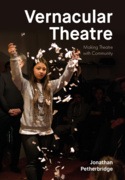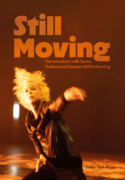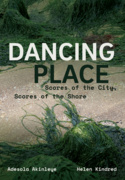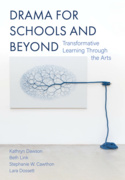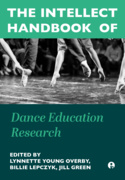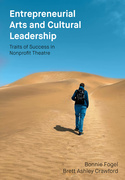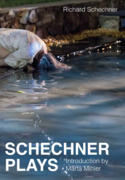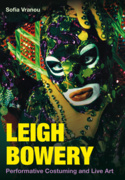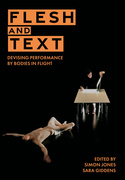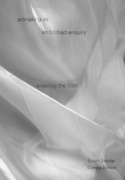Theatricality Beyond Disciplines (Book)
This transdisciplinary study expands on theories of theatricality beyond performance studies and into poetry, media technology, translation studies, critical and psychoanalytic theory. Builds upon Antonin Artaud’s elaboration of the theatre as a plague, disrupting pre-established fields of knowledge, power and accepted representational categories.
Edition
This book expands on theories of "theatricality" in French and critical studies, adopting a transdisciplinary approach that reaches beyond performance studies into poetry, media technology, translation, and psychoanalytic theory.
Building on Artaud’s concept of theatre as a "plague"—an unpredictable, cataclysmic, and contagious force that disrupts power structures and knowledge—the book challenges Aristotelian norms of theatre as a medium of "healing" and "teaching." Instead, theatricality emerges as a force of radical disruption, what Artaud called "the return of the repressed," demanding openness to otherness.
The chapters present theatricality as primarily aural rather than visual, inciting "paranoiac listening," invoking unretrievable "primal scenes," and allowing unconscious "psychic" contamination. "Theatricality" is explored through works by Artaud, Genet, Novarina, and Koltès, but also Freud, Barthes, Kristeva, Girard, and Derrida. Each writer challenges the premises of their own artistic genres and fields of study, questioning binary systems like artistic production versus theoretical articulation, the technological versus the natural, and art versus life.
As shown, these binaries underpin mechanisms of repression, sacrificial violence, and the exclusion of the voiceless other. The book assigns a generative function to traditionally maligned notions like unintelligibility, madness, marginality, contagion, and criminality.
Dr. Amin Erfani is a scholar of French and Francophone literature, a translator of contemporary and avant-garde theater, and an author of dramatic plays. He is a professor of French language and literature at the City University of New York, USA.
Introduction: Theatricality, the Pandemic, & the Scapegoat
Theatricality & the Concept
Theatricality & the Metaphor
Framing Theatricality
Theatricality & New Media
Theatricality & the Pandemic
Theatricality & Pharmakos
Theatricality & Festivals
Theatricality & the Abject
Chapter 1: Artaud’s Contagious Cries: Virtuality as Aurality
The Viceroy’s Dream
Aurality in the Age of New Media
Chapter 2: Secular Prayers: Jean Genet
Genet’s “The Criminal Child”
Writing Death: Suitcases, Circus, & Cemeteries
Chapter 3: The Stage of the Infant Tongue: Mimesis, Psychoanalysis, & the Avant-Garde
The Split Scene of Mimesis
Sigmund Freud: The ‘Psychopathic’ Theater
The “Other Scene” vs. the “Primal Scene”
Beyond Neurosis and into the ‘Barbaric’
Valère Novarina: Beyond the “Primal Scene”
Chapter 4: Monstrous Tongues: On Foreignness in the Theater of Bernard-Marie Koltès
The Drive to Become ‘Other’: Life as Text
Speaking ‘Foreign’: Monstruous Monologues
Citing the Silent Tongue: “The Night Just Before the Forests”
Language As Skin: “In the Solitude of Cotton Fields”
Chapter 5: The End of “Theory” is Only its Beginning: of “Theatricality” in Jacques Derrida’s Circumfession
Pneuma: Burnt Signification
The Hypertext
Learned Ignorance
La Langue crue & The “Labor of Theory”
Afterword





